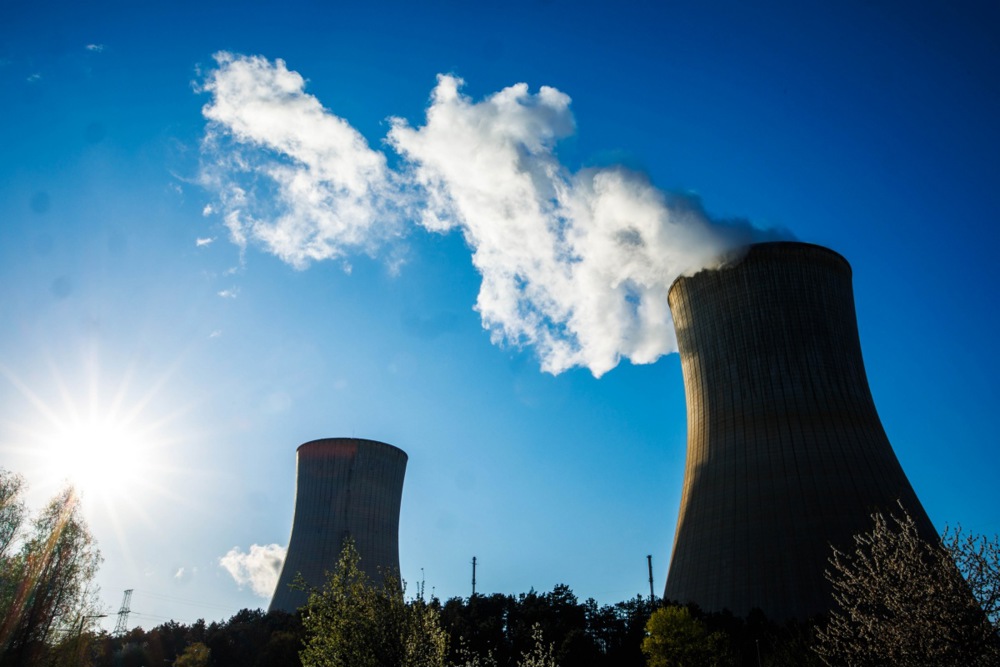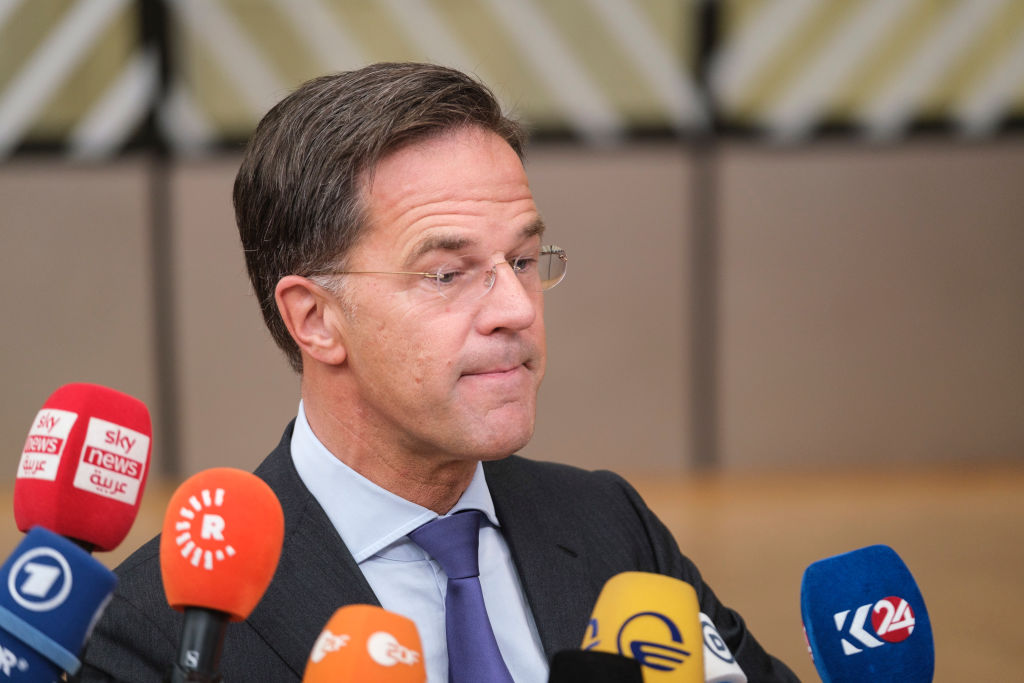The Netherlands’ green energy transition is leading to electricity and gas prices almost doubling.
Consumers and industry will soon pay 92 per cent more for electricity and gas, according to a PwC study commissioned by newspaper de Volkskrant.
The Netherlands’ total spending on gas and electricity will reach €43 billion in 2030, up from just €22 billion in 2020.
By 2040, it is predicted to reach €56 billion.
The costs for the green transition “are high and it will take decades. Politicians could be a bit clearer about that”, says Paul Nillesen, energy specialist at PwC.
Politicians too often paint a rosy picture about the costs, he says.
The energy transition “is necessary and offers opportunities, but we didn’t just do this overnight”, he adds.
Electricity costs are mainly responsible for the spike in costs.
Even with solar and wind electricity production, large amounts of electricity are produced using gas, which is growing in cost.
Green hydrogen, which some power plants are planning to begin using, is particularly scarce and expensive.
With wind and solar limited by nature, gas power plants need to continue operating as a permanent backup.
Transmission prices are rising also, as the Netherlands upgrades its power infrastructure to respond to rising demand.
Grid operators are investing billions of euros in new infrastructure, while also building offshore wind farms.
If higher energy bills will fund these increased costs, it will significantly impact the poor, says Nillesen.
That would also likely lead to a drop in support for the green transition.
There are suggestions already it could be time to slow down the transition, he says because “the really challenging part is yet to come. We’re only facing a wind force of three now as we cycle against it”.
Fixed costs of the energy transition, such as construction and maintenance of the power grid, should come from the national budget and the Dutch climate ministry, suggests Nillesen.
The Ministry of Economic Affairs and Climate says it is unaware of the underlying assumptions behind PwC’s predictions.
Electrification will lead to more efficient energy consumption, through technologies such as heat pumps and electric cars, it says.
“Additionally, much depends on future choices, such as the structure of energy taxation”, the ministry adds.
For its part, the Dutch government claims its National Energy System Plan takes into account the energy transition’s affordability and feasibility of the energy transition.





